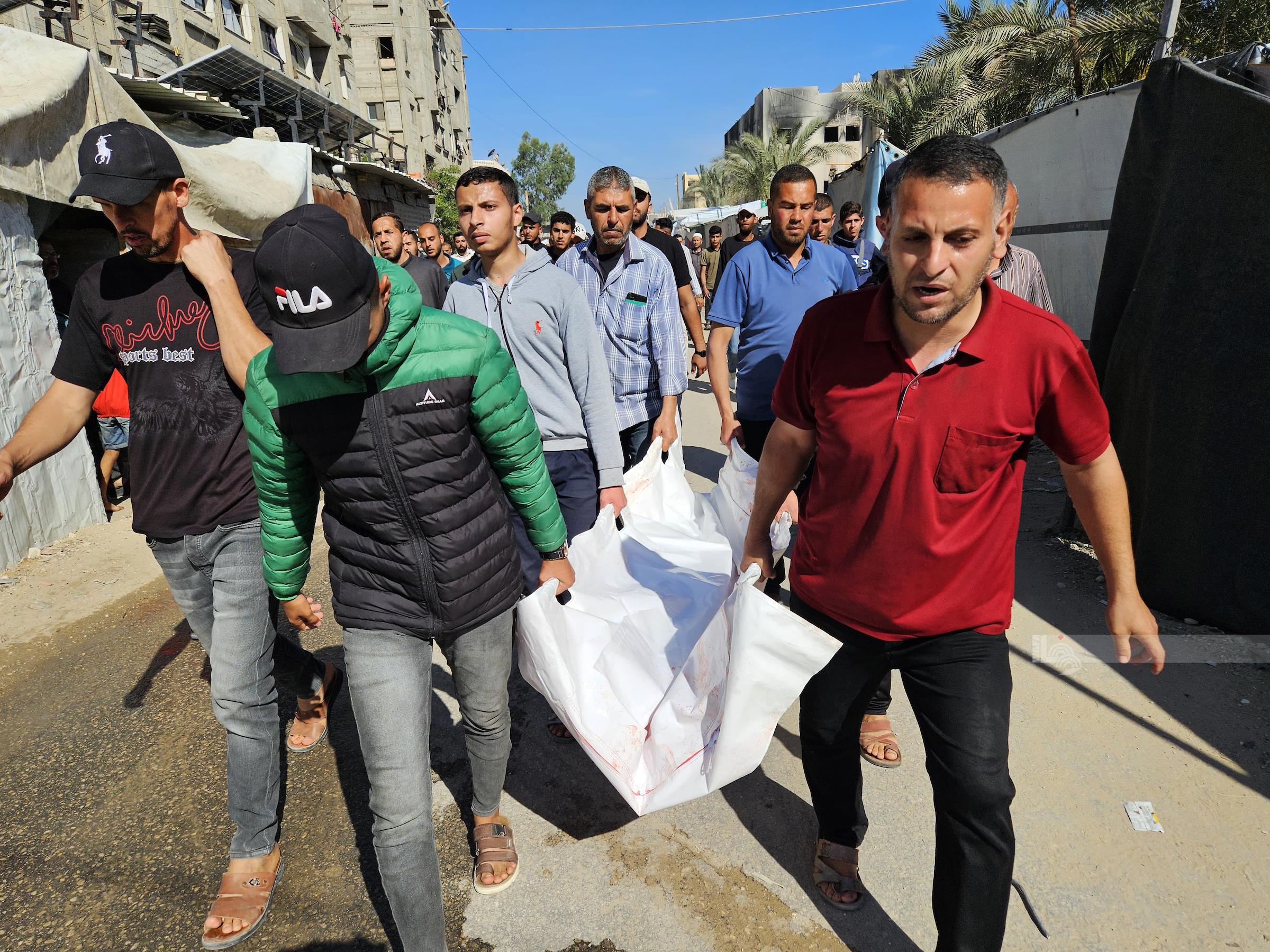RAMALLAH, November 21, 2009 (WAFA)- The United Nations Children’s Fund (UNICEF) celebrated, today, the 20th Anniversary of the Convention on the Rights of the Child (CRC), in a ceremony attended by Prime Minister Salam Fayyad and in a special concert by The Students Orchestra of the Edward Said National Conservatory of Music (ESNCM).
In her opening remarks, the Chairperson of the Supervisory Board of ESNCM Rima Tarazi, said that “as we celebrate the 20th anniversary of the CRC, we are glad to have our Palestinian children on this stage to announce that they can tear a smile out of pain, through the daily violations to their rights.
She added that the will to life taught steadfastness to this Palestinian people and tremendous efforts to build a free future for children. “We have believed in the educative value of music, as a way to prove self and identity, and to communicate with all peoples of all races.
She announced that the ESNCM will start, in cooperation with Birzeit University a BA Program in Music Education and Arab Music.
“Today, we look to our children in their big prison of Gaza, deprived form the love of one or two parents, those who still dream of shelter and warmth like all others in the world,” she exclaimed, “we hope that the day will come, where we see these children participate our children here on this stage, believing that siege will not break bonds that tie us together. This day reminds all children of other children in the world who suffer hunger etc, especially children in Iraq those who are lost in conflicts.”
In a speech pronounced at the beginning of the ceremony, UNICEF Special Representative in the Occupied Palestinian Territory, Jean Gough, said that “everybody recognizes that children have needs. They need our tender, loving care. They need to be protected against disease and malnutrition. They need to be sheltered against abuse and neglect. They need to be provided with opportunities for education and recreation. As with all human needs, these are to be provided according to the availability of resources at the disposal of parents, communities and government.”
In December 1948, the Universal Declaration of Human Rights codified, for the first time, that all human beings have inherent and inalienable rights. Because a Declaration is not an enforceable legal instrument, many of the civil and political rights contained in the Declaration were eventually incorporated into UN Conventions and national legislation, and were thus made enforceable, she added.
She emphasized that the coming into force of the Convention on the Rights of the Child in 1989 was a major landmark of historic significance in the evolution of human rights. Going forward, no longer would the needs of children be viewed simply as desirable goals or a charitable afterthought, but fundamental rights that every State Party is legally obliged to implement.
UNICEF’s assessment shows that the occupied Palestinian territory has made measurable progress in implementing the CRC since the mid-1990s, but that many of these gains are now in jeopardy. Since 2000, trend data point to declines or stagnation in children’s health and education indicators, and sustained exposure to violence and psychosocial stress. Now, more than ever, is the time to invest in children and to prioritize the fulfillment of their fundamental rights, she stated.
“Children have only one chance to grow. The earliest period of infancy and childhood is when their bodies and brains develop and determine their future potential as adult citizens. A child, who is malnourished, deprived of health care, education and positive psycho-social development, has no second chance to recuperate. That is why children deserve the first call on society’s resources – in good times as well as in bad, in times of prosperity as well as during periods of austerity,” Gough said.
She concluded by quoting Gabriela Mistral, the famous poet and educator from Chile: “We are guilty of many errors and many faults, but our worst crime is abandoning children, neglecting the fountain of life. Many of the things we need can wait. The child cannot. Right now is the time his bones are being formed, his blood is being made, and their senses are being developed. To them we cannot answer “Tomorrow. His name is today.”










